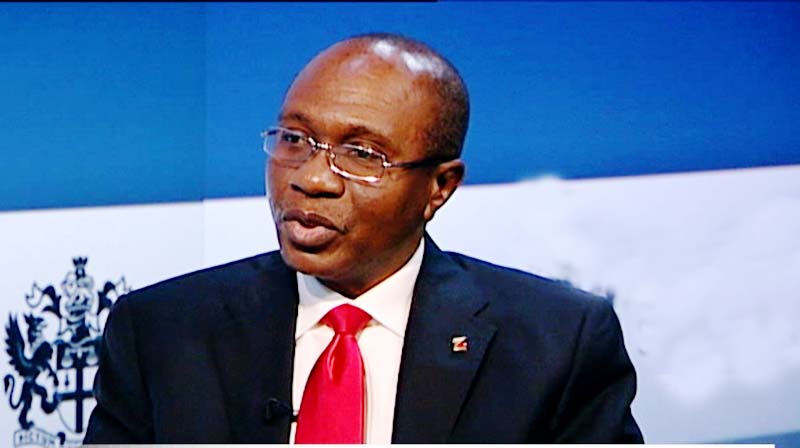THE collapse in the price of crude oil have continue to threaten the stability of banks in the country as about 40 per cent of their loan portfolio art tied to the oil sector alone.
Already, the market share of the five largest banks in the country in terms of size of assets and deposits have shrink to 43.30 per cent and 51.96 per cent in the first of 2016, from 60.61 per cent and 52.94 per cent in the second half of 2015 respectively.
According to the Central Bank of Nigeria’s Financial Stability Report (FSR) the remaining 18 banks had market shares ranging from 0.21 per cent to 6.58 per cent in deposits and 0.26 per cent to 6.41 per cent in assets, reflecting low competition in the market.
According to National Daily investigations, the loans were booked when the price of oil was $140 per barrel, and now that the price has fallen to about $40 per barrel, the obligors are finding it difficult to meet repayment obligations.
It was also gathered that despite the restructuring of the loans to meet the prevailing circumstances in the sector, it has exacerbated the foreign currency liquidity stress of the banks, as some of these loans were granted in foreign currency.
Speaking on the development, Central Bank of Nigeria’s deputy governor on Economic Policy, Dr. Sarah Alade, about 50 per cent of the 40 per cent loan were to the upstream sector, where the greatest risk currently resides.
Dr. Alade said the stress tests conducted by the CBN showed that if up to half of these exposures are lost, the banking system is resilient enough to absorb these losses with their exceptionally high capital ratios, which is made up mainly of loss-absorbing Tier 1 capital.
She said: “The fiscal policy measures have included mobilising non-oil revenue through broadening the tax base to increase the fiscal space; liberalising the fuel price regime to remove risks to public finances; and implementing policies to remove impediments to growth, such as measures to improve governance.”
She said the apex bank has deferred the implementation of the domestic systemically important bank capital buffer of to enable banks to have sufficient headroom for lending.
“Other forbearances on some prudential requirements without compromising the safety of the banks were granted,” she added.
Alade noted that on the macro-prudential front, the central bank has implemented a number of policies to help strengthen and ensure stability in the banking system. One of the policies implemented was to increase the requirement for general provisioning on performing facilities from one per cent to two per cent with effect from November 11, 2015.
She explained that, “The tight monetary policy stance adopted by the bank is aimed at attracting foreign investment in the country and containing inflationary pressure. The persistent upsurge in inflation calls for monetary policy intervention. The increase in monetary policy rate will help to dampen inflation pressure, and also attract foreign inflows into the country to cushion the lost revenue from both lower oil prices and lower output.
The Nigerian economy is facing a number of challenges as a result of the oil price slump.
These include low government revenue, low capital inflow, a high unemployment rate, large currency depreciation and low financial buffers.

 Aviation7 days ago
Aviation7 days ago
 Business4 days ago
Business4 days ago
 Business4 days ago
Business4 days ago
 Education4 days ago
Education4 days ago
 Crime4 days ago
Crime4 days ago
 Business1 week ago
Business1 week ago
 Business6 days ago
Business6 days ago
 Business4 days ago
Business4 days ago

